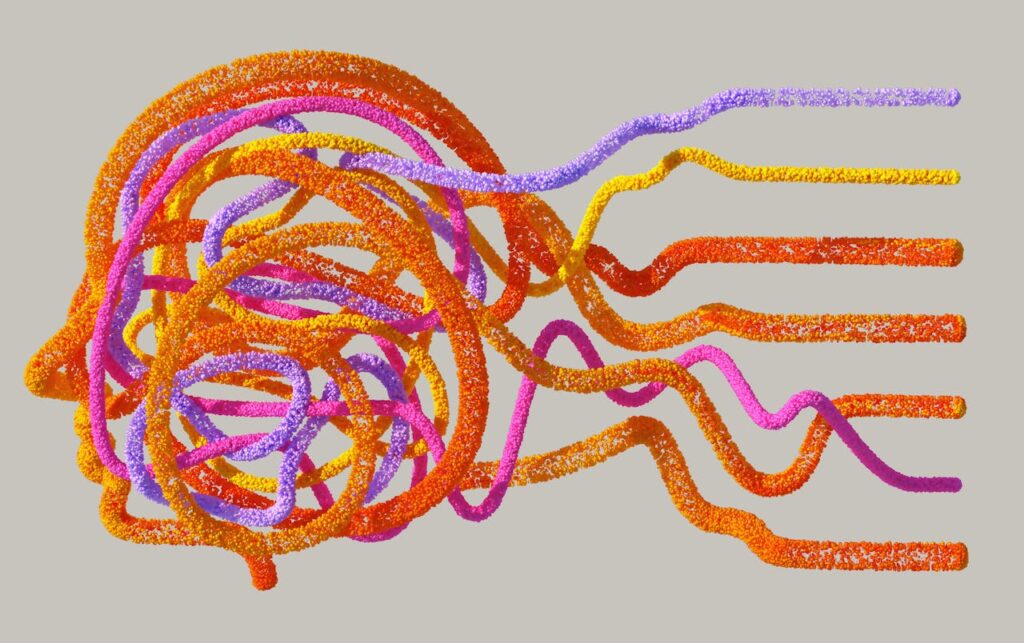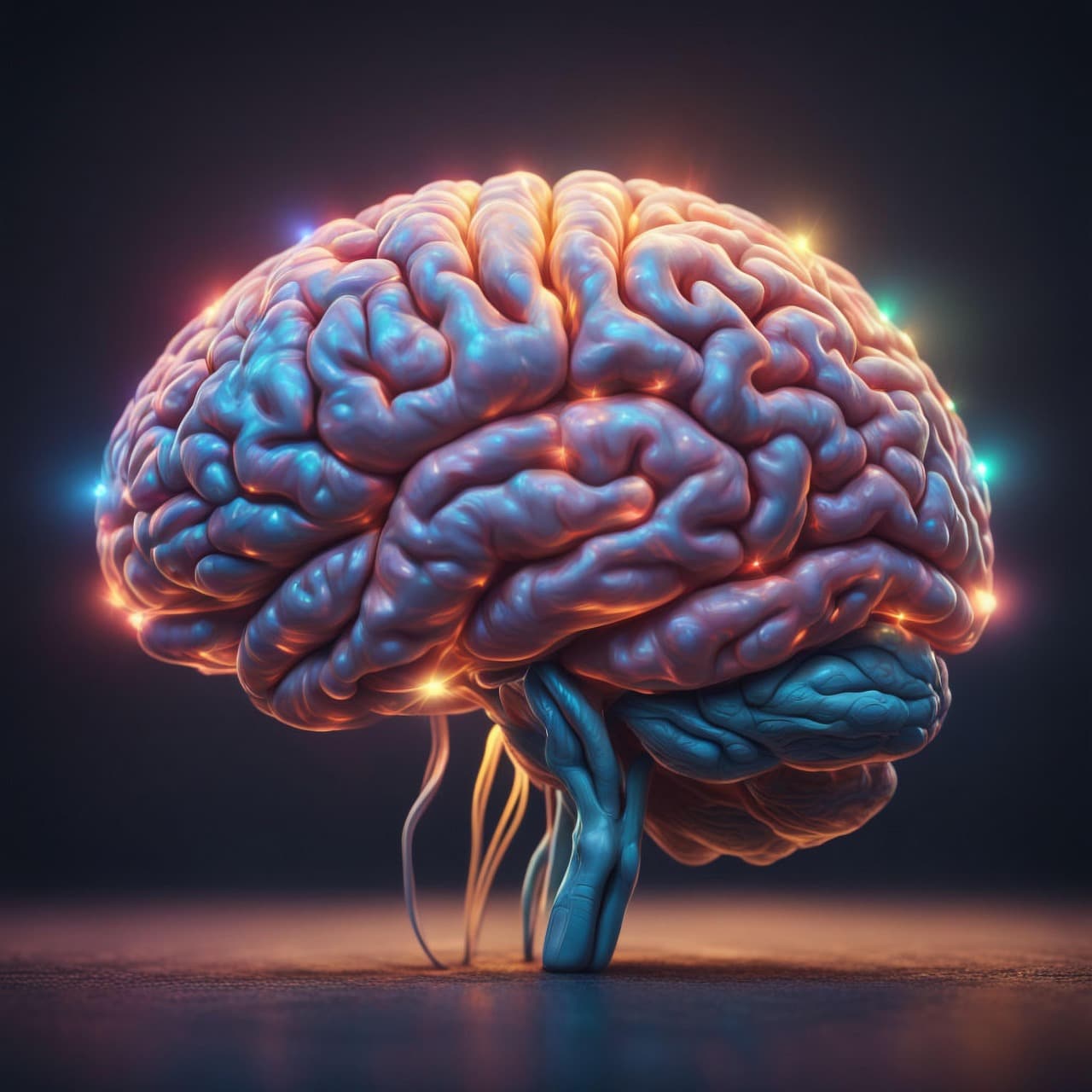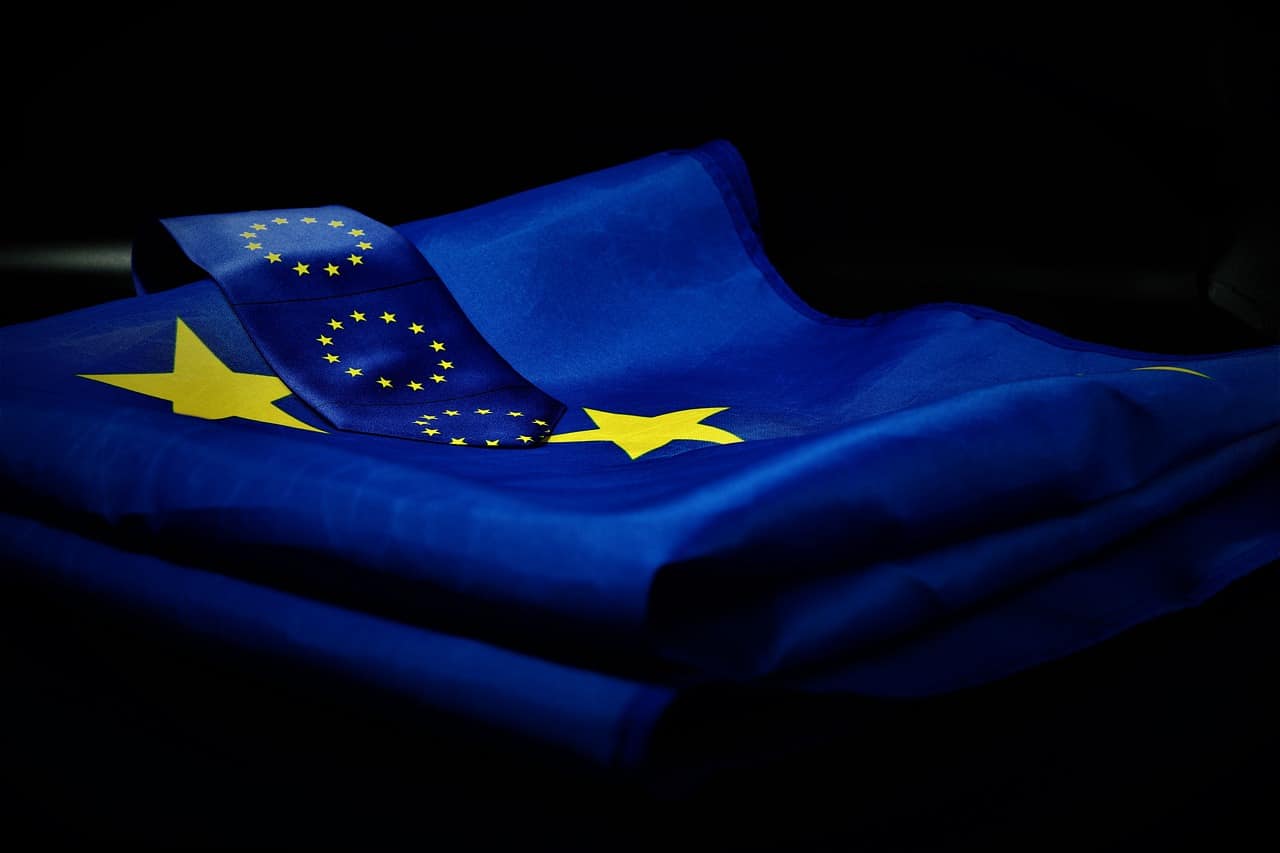Last Updated: 20/06/2025
Artificial intelligence (AI) is developing at an incredible pace. From generating music and artwork to transforming the way we work, AI is now capable of producing outputs that resemble human creativity. This has raised important legal challenges, especially in copyright law.
As we have covered previously, copyright law protects the rights of creators over their original works. AI developers may wish to use original works (such as songs or books) to develop their AI models in order to further improve them. This conduct can brush up against the intellectual property rights of creators.
Both AI and the creative industries play key roles in the UK economy. The UK Government has been trying to get to grips with the competing interests of both copyright holders and those AI developers that wish to use the underlying works to produce market leading AI tools and software.
Both AI and the creative industries play key roles in the UK economy. The UK Government has been trying to get to grips with the competing interests of both copyright holders and those AI developers that wish to use the underlying works to produce market leading AI tools and software.
In December 2024, the UK Government launched a consultation on copyright and AI. We previously wrote a blog post on this consultation. At the same time, the UK Parliament has been debating the Data (Use and Access) Bill (Data Bill), a legislation that could shape how data, including creative works, is used to train AI systems.
In this blog, we provide an update on these developments.
We explain where the consultation stands, outline the Information Commissioner Office’s (ICO) view on it and track the progress of the Data Bill through Parliament. We also highlight the creative industry’s response and explore what these legal changes could mean for the future of UK innovation and the protection of creative rights.
LATEST UPDATE ON DATA BILL
20/06/2025
After a protracted journey through Parliament, the Data Bill was passed on 11 June 2025.
Despite excluding the transparency amendment, the UK Government agreed, following the pressure from the House of Lords, to publish within 9 months:
- Report on the use of copyright works in the development of AI systems
- Economic impact assessment
Additionally, a progress statement setting out what progress has been made towards the publication of the above is to be published within 6 months from the date the Data Bill was passed.
The Data Bill received Royal Assent on 20 June 2025 and became law.
05/06/2025
The Data Bill continues to move between the Houses of Parliament with ongoing disagreement over a proposed transparency amendment. The Lords have repeatedly pushed for its inclusion, while the Commons have consistently rejected it over concerns about its potential impact on the use of public funds.
On 3 June, the Commons rejected a Lords amendment that would have required the Government to publish a draft Bill providing transparency to copyright owners on the use of their work for AI training.
The amendment proposed that a draft Bill must be published within three months after the Government publishes its reports on this issue. Under provisions already included in the Bill, these reports must be published within 12 months of the Data Bill receiving Royal Assent. This means the proposed timeline would have required draft copyright transparency legislation to be published 15 months after the Data Bill receives Royal Assent.
The Commons, however, said that they would be able to commit to publishing the reports within 9 months instead of 12.
On 4 June, the Lords debated the Bill again. Baroness Kidron, who introduced the amendment, expressed frustration and noted that Labour’s manifesto actually committed to “support, maintain and promote the UK’s strong copyright regime.” She criticised the Government for failing to uphold that promise.
Despite being rejected in the Commons, the Lords have now reintroduced the amendment, sending it back to the Commons for further consideration.
The Commons have three options now:
1. accept the Lords’ amendment
2. propose an alternative (‘amendment in lieu’)
3. reject the amendment again (known as double insistence), which would cause the Bill to fail
Baroness Kidron indicated that she would respect the Government’s choice, while urging ministers to offer a meaningful alternative to the transparency amendment. She called on the Government to return with a proposal “that looks more like the one that we passed a couple of weeks ago,” referring to the introduction of backstop powers allowing the Secretary of State to introduce AI transparency requirements if needed. This would serve as a safety net, ensuring that action can still be taken even if no immediate regulation is introduced. This debate also sits in the context of the Government’s plan to introduce an AI-specific legislative framework.
However, an AI Bill is not expected before the Government publishes the reports required under the Data Bill. Therefore, any formal regulation addressing copyright and AI could be delayed—unless backstop powers are introduced now to allow action to be taken if needed.
The December 2024 consultation on AI and copyright
On 17 December 2024, the UK Government launched a public consultation to better understand how copyright law should respond to the growing use of AI. The aim was to strike a balance between protecting the rights of the creators and the UK’s ambition to become a leader in AI innovation.
A key focus was a proposal to introduce a new exception for text and data mining (TDM) – a process where vast amount of content is harvested and analysed by machines – this can be used to gather data for training AI models. Under the proposed approach, AI developers would be allowed the use of materials protected by copyright for AI training purposes, unless creators had actively ‘opted out’. This approach aimed to facilitate AI innovation while still offering creators a mechanism to protect and control how their work is used.
The consultation closed on 25 February 2025.
As of May 2025, the Government has not yet published a full response to the consultation and it continues to review the feedback received from stakeholders. This delay reflects the complexity of the issues at stake and the need to carefully consider the interplay between AI innovation and creative rights.
ICO’s response to the consultation
While the ICO does not regulate copyright law, it published a response to the consultation due to the potential overlap between AI, copyright and data protection. In particular, the ICO highlighted the growing likelihood that some of the content used to train AI models may also contain personal data, which triggers additional legal responsibilities under the UK GDPR.

The ICO emphasised the need for clearer guidance for AI developers on how to lawfully collect and process data to train AI models, including for generative AI systems. At the same time, creators and publishers also need clarity about how they can maintain control over their published and creative works. These concerns have been raised during the passage of the Data Bill.
The ICO agrees with the Government’s view that greater transparency from AI developers is essential. It called for AI developers to be more open about what data is used to train AI models, how that data is obtained and how the AI-generated outputs are handled. This level of transparency is necessary to uphold the rights of individuals under data protection law.
However, the ICO expressed concerns about the Government’s proposal to widen the existing exemptions for TDM to allow AI developers to use copyrighted material under an ‘opt out’ system. If any of the data involved contains personal data, the ICO warned that this would need to be assessed carefully on a case by case basis to ensure it complies with data protection law.
Importantly, the ICO clarified that responsibilities under data protection law may apply not only to the organisations doing the TDM but also to rightsholders who allow their material to be used.
As an example, the ICO used a wedding photographer who may hold the rights to the photographs of people they photograph but those photos also contain personal data. If they do not ‘opt out’ of TDM, they could be allowing personal data to be used in ways that are not fair, lawful or transparent. This illustrates how copyright and data protection law can overlap and why it is essential that the relationship between them is made clear. Otherwise, there is a risk that data could be processed in ways that are legal under copyright law but not under data protection law.
Looking ahead, the ICO is keen to work with the Government to ensure there is consistency between copyright and data protection rules, helping to avoid legal gaps or misinterpretations. It also encouraged the development of sustainable and lawful AI business models that respect both innovation and individual rights. In its view, reducing reliance on personal data by using non-personal data where possible or developing more standardised and legally sound methods for collecting data could support responsible AI development. This could drive long-term growth for the UK economy across a range of sectors.
The Data (Use and Access) Bill
In parallel with the Government’s consultation on AI and copyright, the UK Parliament has been considering the Data Bill, which includes provisions related to data usage and AI development. A key debate has focused on the role of data in training AI models, especially where that data includes copyrighted works.

Transparency amendment
A notable development came in the House of Lords, where Baroness Beeban Kidron proposed a ‘transparency amendment’ to the Data Bill. This amendment would require AI developers to disclose which copyrighted works were used in training their AI models. This transparency measure aimed to ensure that creators could identify and potentially license the use of their works, addressing concerns over the unlicensed exploitation of creative works by AI technologies.
The House of Lords passed the amendment, signalling strong support for creators’ rights. However, when the Data Bill moved to the House of Commons, the Government opposed its inclusion in the Data Bill. The Data Bill was then sent back to the House of Lords without the amendment.
Creatives call on Prime Minister to back the amendment
The creative sector responded with significant concern to these legislative developments. Over 400 prominent UK artists and industry figures, including Sir Elton John, Sir Paul McCartney, Coldplay, Robbie Williams and Dua Lipa, signed an open letter urging Prime Minister Sir Keir Starmer to support the amendment and introduce stronger copyright protections against the unauthorised use of creative works by AI developers.

Progress on the Transparency Amendment?
On 12 May, the House of Lords revisited the Data Bill during the process known as parliamentary ping pong where the House of Lords and House of Commons exchange amendments until a final version is agreed. The Lords reinstated the transparency amendment, reaffirming their support for creators’ rights.
The Data Bill then returned to the House of Commons for further consideration. The Commons rejected the transparency amendment once again expressing concerns that “it would involve public funds.”
This kicked off a second round of parliamentary ping pong, which took place on 19 May in the House of Lords. The Lords responded by revising their original transparency amendment in an attempt to address the Commons’ concerns over public expenditure.
Primarily, the Lords removed the obligation on businesses to provide rights holders with an “effective mechanism” to identify their works used in training AI models. The idea being that the Government would no longer have to spend public money in developing or identifying an “effective mechanism” or what it should look like.
There had also been a change in the timeline. The revised amendment set a 6-month deadline for laying regulations, but only after the Government publishes the Report on the use of copyright works in the development of AI systems. This created the potential for delay depending on when the report is published.
On 22 May, the Commons rejected this revised amendment.
Conclusion
The ongoing parliamentary debate over the Data Bill shows the tension between promoting AI innovation and ensuring that creators’ rights are protected. While efforts like Baroness Kidron’s transparency amendment show growing support for creator rights and AI transparency, the Government’s current position reflects its aim to preserve the UK’s competitive environment for AI development.
Industry voices continue to press the reform. The Creative Rights in AI Coalition (which includes for example PRS for Music and Writers’ Guild of Great Britain) has urged the Government to adopt the transparency amendment to give rightsholders control over how their work is used in training AI.
It is evident that without greater legal clarity and closer alignment between copyright, data protection and AI regulation, there is a risk of confusion and potentially non-compliance for both AI developers and creators. Businesses, developers and creators should closely monitor legal updates and consider their rights and responsibilities in any AI-related activities.
At EM Law, we are experts in the legal issues surrounding AI, personal data and intellectual property. If you have questions about how these developments affect your business, your works or your use of AI tools, please do not hesitate to get in touch with our team here.





